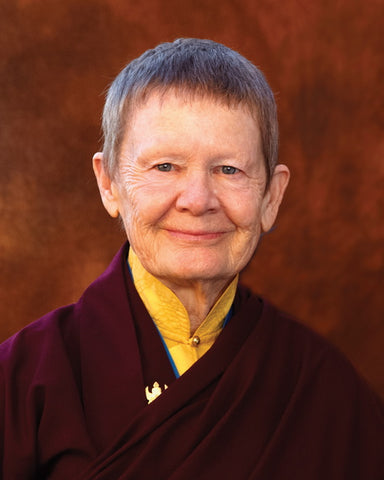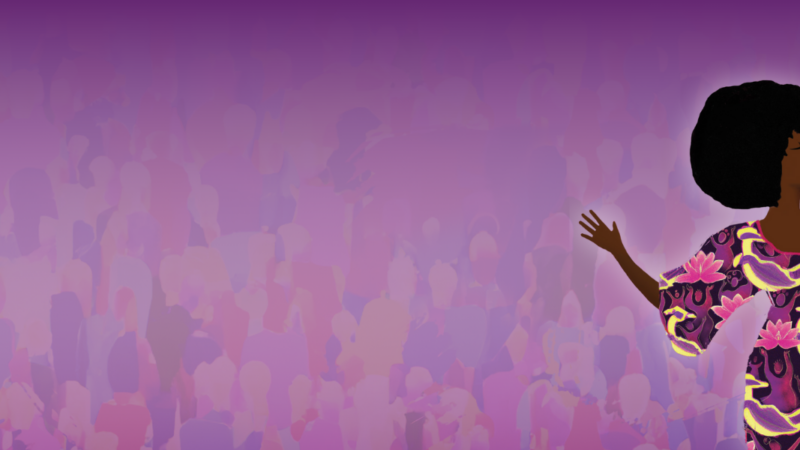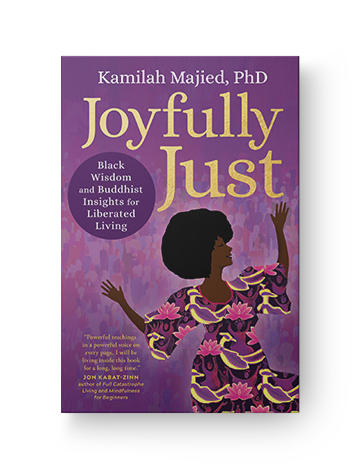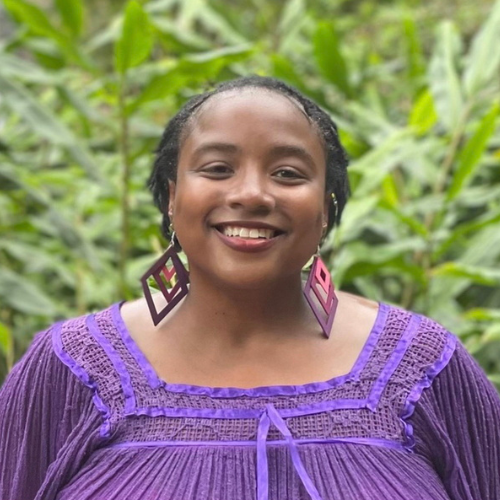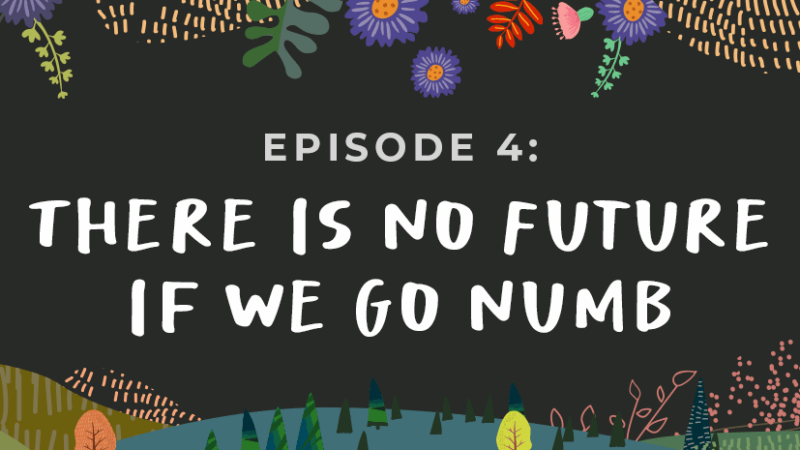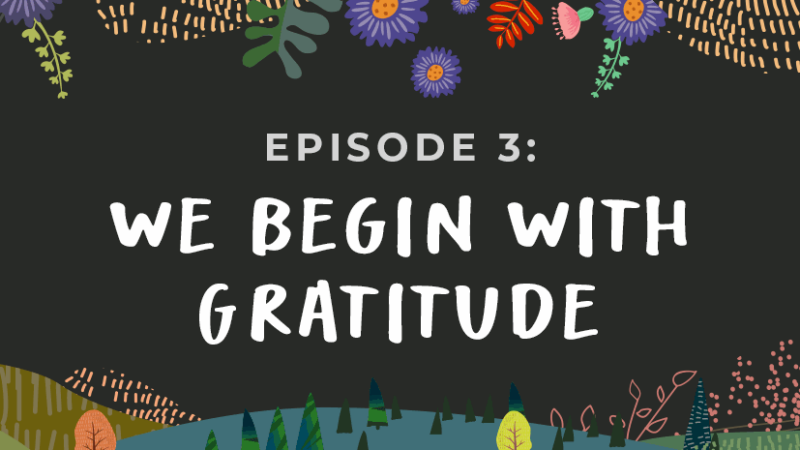What happens when a beloved spiritual teacher and a brilliant author come together to talk about the most tender, compelling aspects of our human experience? The following exchange, excerpted from Pema Chödrön and Alice Walker in Conversation, offers some unexpected answers—and an introduction to the healing practice that has transformed both women’s hearts and lives.
Alice Walker: About four years ago I was having a very difficult time. I had lost someone I loved deeply and nothing seemed to help. Then a friend sent me a tape set by Pema Chödrön called Awakening Compassion. I stayed in the country and I listened to you, Pema ,every night for the next year. I studied lojong mind training, and I practicedtonglen. It was tonglen, the practice of taking in people’s pain and sending out whatever you have that is positive that helped me through this difficult passage.
I want to thank you so much and to ask you a question. In my experience suffering is perennial; there is always suffering. But does suffering really have a use? I used to think there was no use to it, but now I think that there is.
Pema Chödrön: Is there any use in suffering? I think the reason I am so taken by these teachings is that they are based on using suffering as good medicine. It’s as if there’s a moment of suffering that occurs over and over and over again in every human life. What usually happens in that moment is that it hardens us; it hardens the heart because we don’t want any more pain.
But the lojong teachings say we can take that very moment and flip it. The very thing that causes us to harden and our suffering to intensify can soften us and make us more decent and kinder people. That takes a lot of courage. This is a teaching for people who are willing to cultivate their courage.
What’s wonderful about it is that you have plenty of material to work with. If you’re waiting for only the high points to work with, you might give up, but there’s an endless succession of suffering.
Alice Walker: I was surprised how the heart literally responds to this practice. You can feel it responding physically. As you breathe in what is difficult to bear, there is initial resistance, which is the fear, the constriction. That’s the time when you really have to be brave. But if you keep going and doing the practice, the heart actually relaxes. That is quite amazing to feel.
Pema Chödrön: When we start out on a spiritual path, we often have ideals we think we’re supposed to live up to. We feel we’re supposed to be better than we are in some way. But with this practice you take yourself completely as you are. Then ironically, taking in pain—breathing it in for yourself and all others in the same boat as you are—heightens your awareness of exactly where you’re stuck. Instead of feeling you need some magic makeover so you can suddenly become some great person, there’s much more emotional honesty about where you’re stuck.
Alice Walker: I remember the day I really got it that we’re not connected as human beings because of our perfection, but because of our flaws. That was such a relief.
Pema Chödrön: Rumi wrote a poem called “Night Travelers.” It’s about how all the darkness of human beings is a shared thing from the beginning of time, and how understanding that opens up your heart and opens up your world. You begin to think bigger. Rather than depressing you, it makes you feel part of the whole.
Alice Walker: … Everybody is in that boat sooner or later, in one form or other. It’s good to feel that you’re not alone.
Pema Chödrön: I want to ask you about joy. It’s all very well to talk about breathing in the suffering and sending out relief and so forth, but did you find any joy coming out of this practice?
Alice Walker: Oh, yes! Even just not being so miserable. Part of the joyousness was knowing we have help. It was great to know that this wisdom is so old. That means people have had this pain for a long time; they’ve been dealing with it, and they had the foresight to leave these practices for us to use. I’m always supported by spirits and ancestors and people in my tribe, whomever they’ve been and however long ago they lived. So it was like having another tribe of people, of ancestors, come to the rescue with this wisdom that came through you and your way of teaching.
Pema Chödrön: I think the times are ripe for this kind of teaching.
Alice Walker: Oh, I think it’s just the right medicine for today. You know, the other really joyous thing is that I feel more open, I feel more openness toward people in my world. It’s what you have said about feeling more at home in your world. I think this is the result of going the distance in your own heart—really being disciplined about opening your heart as much as you can.


